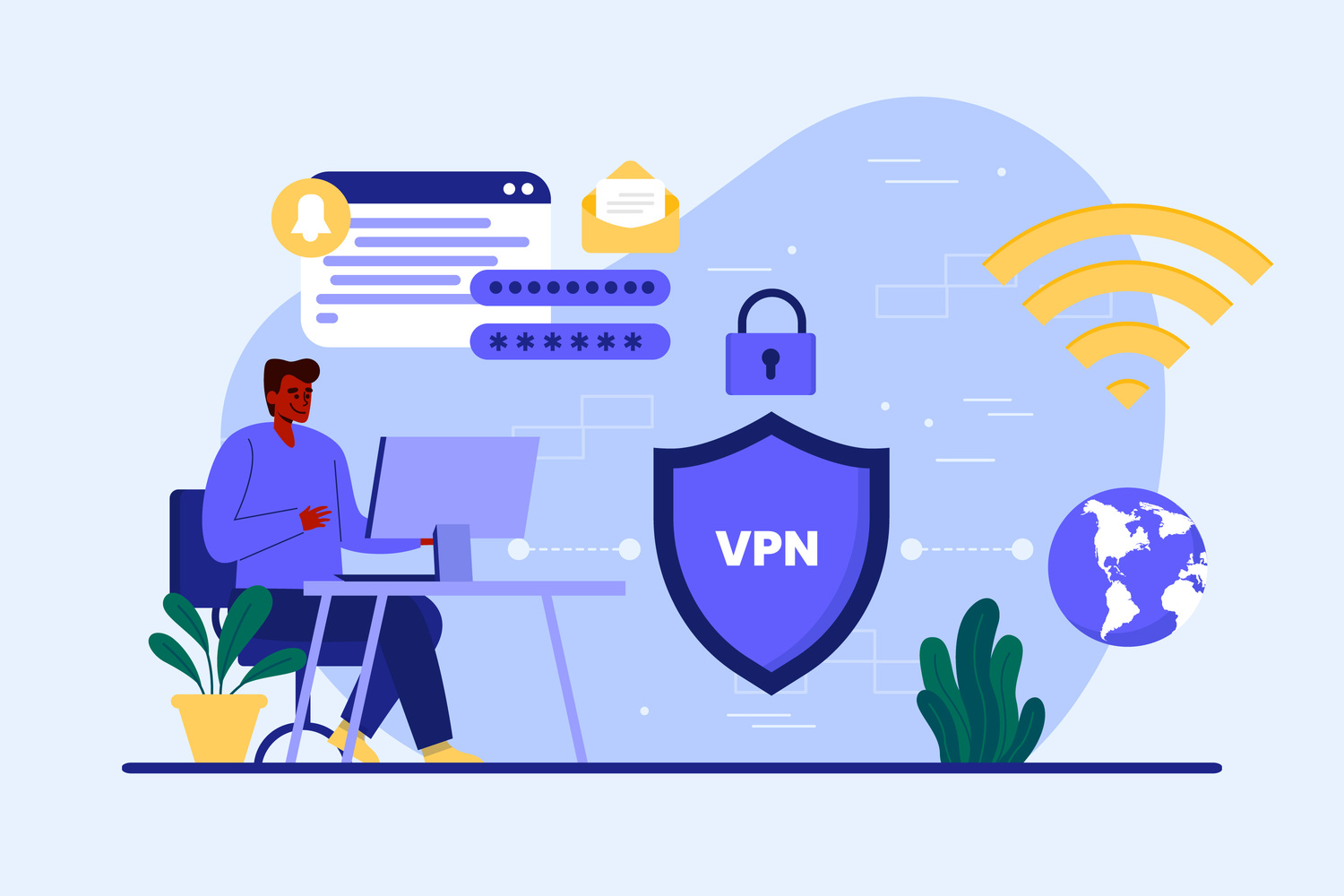Recent Major VPN Mergers and Acquisitions
In 2024, the VPN industry has witnessed significant mergers and acquisitions, reshaping the landscape of online privacy and security. These changes are crucial for users as they impact service quality, pricing, and brand identity. Here are some notable deals:
ExpressVPN Acquired by Kape Technologies
- Deal Value: $936 million
- Motivation: Kape Technologies aimed to enhance its cybersecurity offerings and expand its user base.
NordVPN and Surfshark Merger
- Deal Type: Merger of equals
- Motivation: This merger was designed to combine resources for better research and development, as well as to strengthen market presence.
Private Internet Access Acquired by Kape Technologies
- Deal Value: $95.5 million
- Motivation: Kape sought to solidify its position in the North American market through this acquisition.
TunnelBear Acquired by McAfee
- Deal Value: Undisclosed
- Motivation: McAfee aimed to enhance its cybersecurity suite by integrating TunnelBear’s VPN capabilities.
These VPN mergers in 2024 highlight a trend towards consolidation, where larger companies are acquiring smaller ones to dominate the market. This shift raises important questions about user privacy and service quality.
The ongoing consolidation in the VPN market may lead to both opportunities and challenges for users, making it essential to stay informed about these changes.
As the VPN landscape evolves, users should consider how these acquisitions might affect their choices and the services they rely on.
Implications for Users
As the VPN industry changes, users may face both benefits and challenges. VPNs are essential tools for online privacy and security, allowing users to browse the internet safely and access restricted content. However, recent mergers and acquisitions can impact how these services operate.
Privacy Concerns
- Data handling policies may shift under new ownership, which could affect user privacy.
- Larger companies might face more pressure from governments to share user data.
- Merged companies may have access to a broader range of user information, raising concerns about data security.
Service Quality
- Improved resources from mergers could lead to better performance and reliability.
- Some unique features of individual VPNs might disappear as brands standardize their services.
- The quality of customer support may vary as companies combine their operations.
Pricing Dynamics
- Users might see more short-term deals to attract new customers.
- Long-term prices could rise if competition decreases due to fewer players in the market.
- Bundled services, like combining VPNs with antivirus software, may become more common.
The landscape of VPN services is evolving, and users must stay informed to make the best choices for their online safety.
In conclusion, while mergers can lead to improved services, they also bring potential risks. Users should carefully evaluate their VPN options to ensure they choose a service that prioritizes privacy and quality.
Motivations Behind the Mergers

The recent wave of mergers and acquisitions in the VPN industry reflects a strategic shift among companies aiming to enhance their market positions. Industry consolidation is a key trend, driven by several motivations:
Market Share Growth
- Acquiring established VPN brands allows companies to quickly expand their user base.
- This growth helps them reach more customers globally.
- Larger companies can leverage existing brand loyalty to attract new users.
Technological Synergies
- Merging companies can combine their research and development efforts.
- This collaboration leads to the creation of more advanced VPN technologies.
- Enhanced features can improve user experience and security.
Economies of Scale
- Larger entities can operate more efficiently, reducing costs.
- This efficiency can lead to more competitive pricing for users.
- Companies can invest more in infrastructure and service improvements.
Data Acquisition
- VPN services have access to valuable user data, which can be attractive to larger tech companies.
- This data can help companies tailor their services and marketing strategies.
- However, it raises important privacy concerns for users.
The consolidation trend is reshaping the VPN landscape, impacting everything from pricing to service quality.
Future Trends in the VPN Industry

As the VPN industry evolves, several key trends are expected to shape its future. These trends will significantly impact VPN services and user experiences.
Further Consolidation
The trend of mergers and acquisitions is likely to continue, with mid-sized VPN providers becoming prime targets. This consolidation may lead to:
- Fewer independent VPN options
- Increased market power for larger companies
- Potentially better resources for service improvement
Diversification of Services
VPN providers may expand their offerings beyond traditional services. This could include:
- Password management tools
- Cloud storage solutions
- Broader cybersecurity services
Increased Regulatory Scrutiny
As the market consolidates, regulators may pay closer attention to ensure fair competition and protect user data. This scrutiny could lead to:
- Stricter data privacy laws
- More transparency in data handling practices
- Enhanced user rights regarding data access
Technological Advancements
Next-generation VPN protocols and encryption methods are expected to emerge, potentially disrupting the market. Innovations may include:
- Improved speed and reliability
- Enhanced security features
- Integration with emerging technologies like IoT and 5G
Focus on Transparency
Users are increasingly demanding transparency from VPN providers. This trend may result in:
- More independent audits of VPN services
- A rise in open-source VPN solutions
- Clearer communication about data handling policies
Rise of Decentralized VPNs
Blockchain-based, peer-to-peer VPN networks could challenge traditional centralized models, offering:
- Greater user control over data
- Enhanced privacy features
- Potentially lower costs for users
The future of the VPN industry will likely be characterized by a mix of large, consolidated players and innovative startups pushing the boundaries of privacy and security technologies.
Conclusion
The VPN market is changing a lot due to mergers and acquisitions. While these changes can bring better services and stronger networks, they also raise worries about competition, user privacy, and possible price hikes. As the industry keeps evolving, it’s important for users to stay updated on these shifts and think carefully about their VPN choices. The future will likely have a mix of big companies and new startups that focus on privacy and security. Ultimately, how well these companies can protect user privacy while providing good services will be key. As we move forward, rules and user demand for clear information will be very important in shaping the VPN market.
Frequently Asked Questions
What are the recent major mergers in the VPN industry?
In 2024, some notable mergers include ExpressVPN being acquired by Kape Technologies, and a merger between NordVPN and Surfshark.
How do these mergers affect user privacy?
Mergers can raise concerns about privacy, as larger companies may have access to more user data and could be more influenced by government requests for information.
Will prices change for VPN services after these mergers?
Prices might fluctuate. While some users may see lower prices due to larger companies benefiting from economies of scale, others might face higher costs if competition decreases.

















